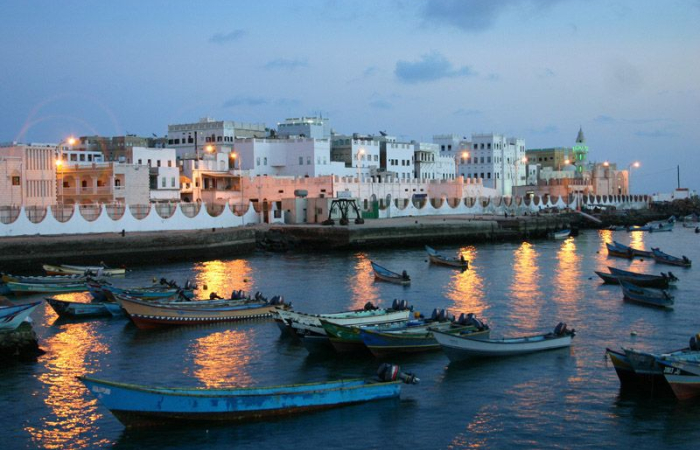Afghanistan, Uzbekistan and Pakistan on Tuesday (2 February) signed a roadmap for a rail link to strengthen trade relations between Central and South Asia.
The proposed 573-km-long railway line will connect the Uzbek capital Tashkent with Pakistan's northern city of Peshawar via the Afghan capital, Kabul. Last month, the three countries signed a joint request for a $4.8 billion loan from international financial institutions for the Trans-Afghanistan Railway project.
The signing ceremony for the billion-dollar project took place in Uzbekistan's capital, Tashkent, and was attended by senior officials from the three countries.
Last month, Afghanistan and Turkmenistan inaugurated three significant energy and connectivity projects to strengthen bilateral and regional ties. The three projects include an electricity transmission project, a fibre optic line for high-speed internet and a railway line between the two neighbouring countries.
Also on Tuesday, the Afghan foreign minister led a high-level delegation in a meeting with the Uzbek Foreign Minister, Abdulaziz Kamilov, to discuss the development of bilateral relations, lasting regional peace, economic cooperation, and Afghanistan's position as a regional connector.
Uzbekistan's Deputy Prime Minister Sardor Umurzakov said on the occasion that peace and stability in Afghanistan would lead to development, economic growth and increased regional cooperation.






